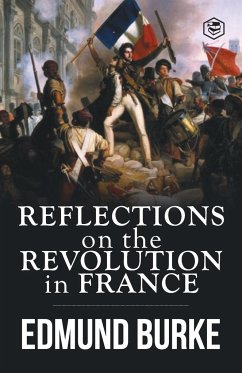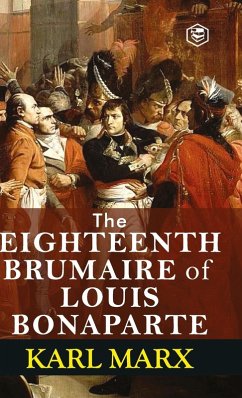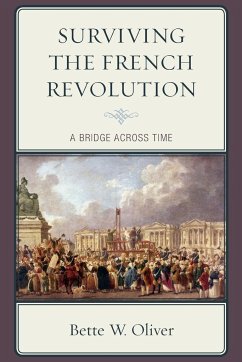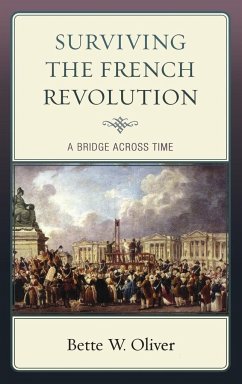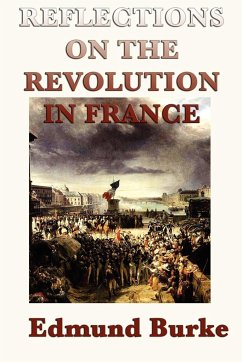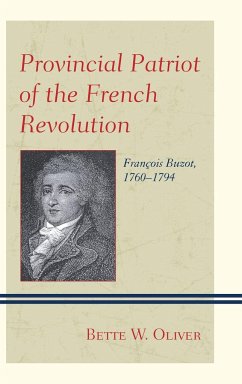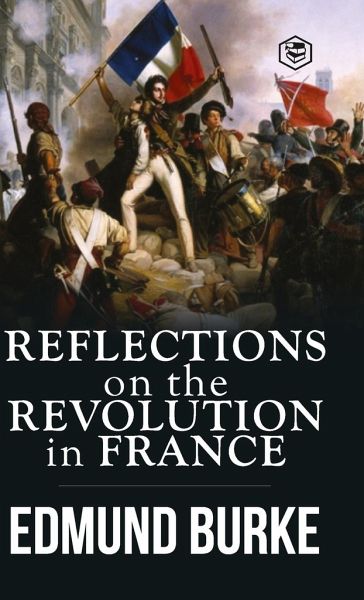
Reflections on the Revolution in France
Versandkostenfrei!
Versandfertig in 1-2 Wochen
29,99 €
inkl. MwSt.

PAYBACK Punkte
15 °P sammeln!
Reflections on the Revolution in France is a political pamphlet written by the Irish statesman Edmund Burke and published in November 1790."Reflections on the Revolution in France" is considered by many to be a masterpiece of political analysis and a compelling rationale against the French Revolution. Reflections on the Revolution in France predicted with uncanny accuracy many of its worst excesses, including the Reign of Terror. A scathing attack on the revolution's attitudes to existing institutions, property and religion, it makes a cogent case for upholding inherited rights and established...
Reflections on the Revolution in France is a political pamphlet written by the Irish statesman Edmund Burke and published in November 1790."Reflections on the Revolution in France" is considered by many to be a masterpiece of political analysis and a compelling rationale against the French Revolution. Reflections on the Revolution in France predicted with uncanny accuracy many of its worst excesses, including the Reign of Terror. A scathing attack on the revolution's attitudes to existing institutions, property and religion, it makes a cogent case for upholding inherited rights and established customs, argues for piecemeal reform rather than revolutionary change and deplores the influence Burke feared the revolution might have in Britain. Many of Burke's predictions came true as the Revolution devolved into bloodshed and anarchy with the Reign of Terror beginning in 1793 and then leading to the eventual military dictatorship of Napoleon Bonaparte. Burke's work stands as an enduring statement in support of tradition, hereditary power, property rights, duty, and the monarchy.





